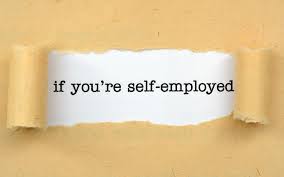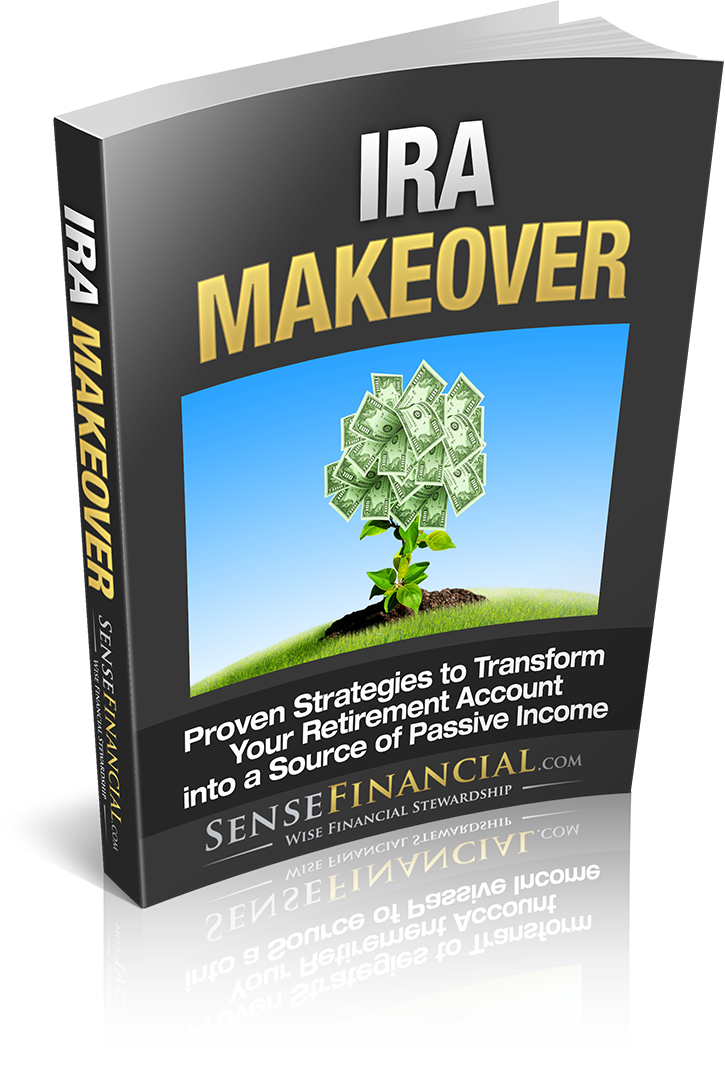Roth Solo 401k Advice: Grow Your Portfolio with Tax Liens
Real estate is making its comeback in the investment portfolio of average investors, as indicated by an independent survey conducted by Bankrate.com. It diversifies the portfolio while hedging investments against inflation and sudden market movements. If you are a small business owner or self-employed professional with a Roth Solo 401k account, you can invest in real estate with your retirement plan. The current legal regulations allow non-traditional investments in Solo 401k plans including real estate, mortgage notes, tax liens, precious metals, private financing, and similar options. If you are skeptic about your first purchase, it might help to start with an alternate real estate investment such as tax lien.

Investing in Tax Liens with Roth Solo 401k Account
A tax lien is a claim imposed by the federal or a state government against a defiant taxpayer, involving some collateral assets such as real estate. The defaulter needs to pay the due taxes for canceling the lien. As of now, more than 28 states in the U.S. practice tax liens and these certificates are sold to private investors, allowing the government to collect the due taxes. In return, the lien owner acquires the right to collect unpaid taxes along with a penalty and interest payment. The interest rates may vary from state to state and they can go as high as 30%, depending upon the circumstances. The IRS allows investing in tax liens through Roth Solo 401k retirement plans, and you can fund the transaction with the Solo 401k account. Make sure that your Solo 401k provider allows alternate investments and choose a plan with checkbook control feature.
Tax liens hold an advantage over other alternative investments in terms of risk profile and capital investment. You can start with a small amount and receive assured returns on your investment, except in the case of a bankruptcy. However, you will have to wait until the taxpayer settles the due amount, and you will miss ongoing cash flow, as in the case of mortgage notes or rental properties. Further, it will be necessary to purchase any secondary tax liens issued against that property to save your investment.
Despite some minor drawbacks, tax liens overshadow a wide range of investment options because of their calculated risk profile. Investing in these certificates with Roth Solo 401k will allow your investments to grow tax-free, as the purchase is made with after-tax dollars. It is important to redirect the returns to the retirement plan else, it will be treated as an early distribution, triggering withdrawal fees and other subsequent taxes.

